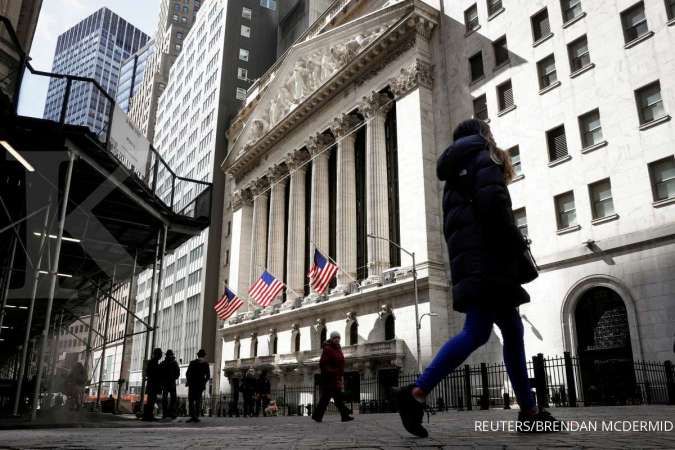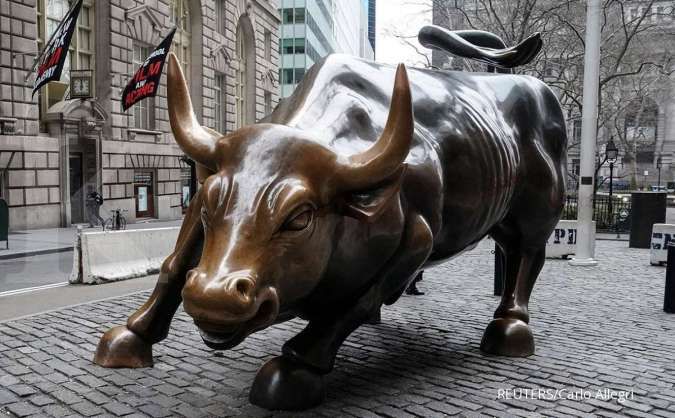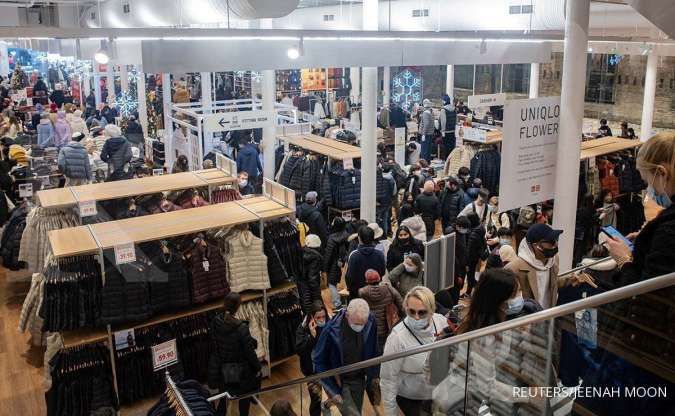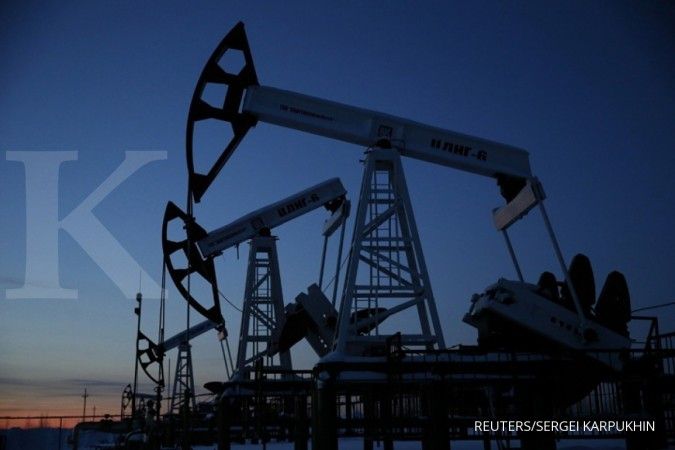MACROECONOMICS - WASHINGTON. The number of Americans filing new claims for unemployment benefits fell last week by the most in 20 months, offering an upbeat picture of the labor market that could see the Federal Reserve continuing to raise interest rates to cool demand.
The unexpected decline in applications reported by the Labor Department on Thursday reversed a recent jump, which had left initial jobless claims over the prior three weeks hovering at levels last seen in October 2021.
The elevated readings had led some economists to conclude that layoffs were picking up as the economy starts to feel the impact of the Federal Reserve's hefty interest rate increases. The U.S. central bank, which has raised its policy rate by 500 basis points since March 2022, signaled this month that two additional rate hikes were likely warranted this year.
"For now, there is no sign of a substantial deterioration in demand for workers," said Rubeela Farooqi, chief U.S. economist at High Frequency Economics in White Plains, New York.
"A tight labor market will keep the rate path on an upward trajectory, until policymakers see a material rebalancing in supply and demand."
Initial claims for state unemployment benefits decreased 26,000 to a seasonally adjusted 239,000 for the week ended June 25. The drop was the largest since October 2021.
Read Also: Swedish Central Bank Raises Key Interest Rate, Sees More Tightening
Economists polled by Reuters had forecast 265,000 claims for the latest week.
Recent policy changes in Minnesota making tens of thousands of hourly paid school workers eligible for state unemployment benefits during the summer break accounted for some of the increase in claims in the first three months of June. Fraud in some states was also probably an issue.
Unadjusted claims dropped 17,843 to 233,048 last week. Claims tumbled 10,108 in California and plunged 9,187 in Texas. They dropped 3,263 in Pennsylvania, while Minnesota reported a 2,387 decline in applications. These decreases offset a 6,013 surge in Connecticut and a 5,206 jump in New Jersey.
Claims, relative to the size of the labor market, are well below the 280,000 level that some economists say would signal a significant slowdown in job growth. Employment growth has averaged 314,000 jobs per month this year.
Job growth is being driven by the services sector, including the leisure and hospitality category, which is still catching up after businesses struggled to find workers over the last two years. Industries like healthcare and education also experienced accelerated retirements during the COVID-19 pandemic.
Read Also: Oil Higher on Large US Stock Draws, but Rate Hike Fears Linger
FIRST-QUARTER GDP REVISED UP
The number of people receiving benefits after an initial week of aid, a proxy for hiring, fell 19,000 to 1.742 million during the week ending June 17, the lowest level since February, the claims report showed. The so-called continuing claims are low by historical norms, indicating that some laid-off workers were experiencing shorter spells of unemployment.
A survey from the Conference Board this week showed consumers' perception of the labor market was upbeat in June, with more viewing jobs as "plentiful" relative to May, and a slight decline in the share who believed that jobs were "hard to get."
Continuing claims covered the period during which the government surveyed households for June's unemployment rate. Continuing claims fell between the May and June survey periods. The unemployment rate was at 3.7% in May.
Read Also: Malaysia's Felda to Issue Sukuk, Revolving Credit Under Debt Restructuring Plan
Labor market strength helped to prop up in the economy in the first quarter, through an acceleration in consumer spending, which offset the drag from a sharp slowdown in the pace of inventory investment by businesses.
Gross domestic product increased at a 2.0% annualized rate last quarter, the Commerce Department said in its third estimate of first-quarter GDP on Thursday.
The upward revision from the 1.3% pace reported last month reflected upgrades to consumer spending and exports.
The economy grew at a 2.6% pace in the fourth quarter. Economists had expected first-quarter GDP growth would be raised slightly to a 1.4% pace.
Corporate profit estimates were also revised higher to show a slower pace of decline than initially reported.
/2018/07/09/1205413254.jpg)













